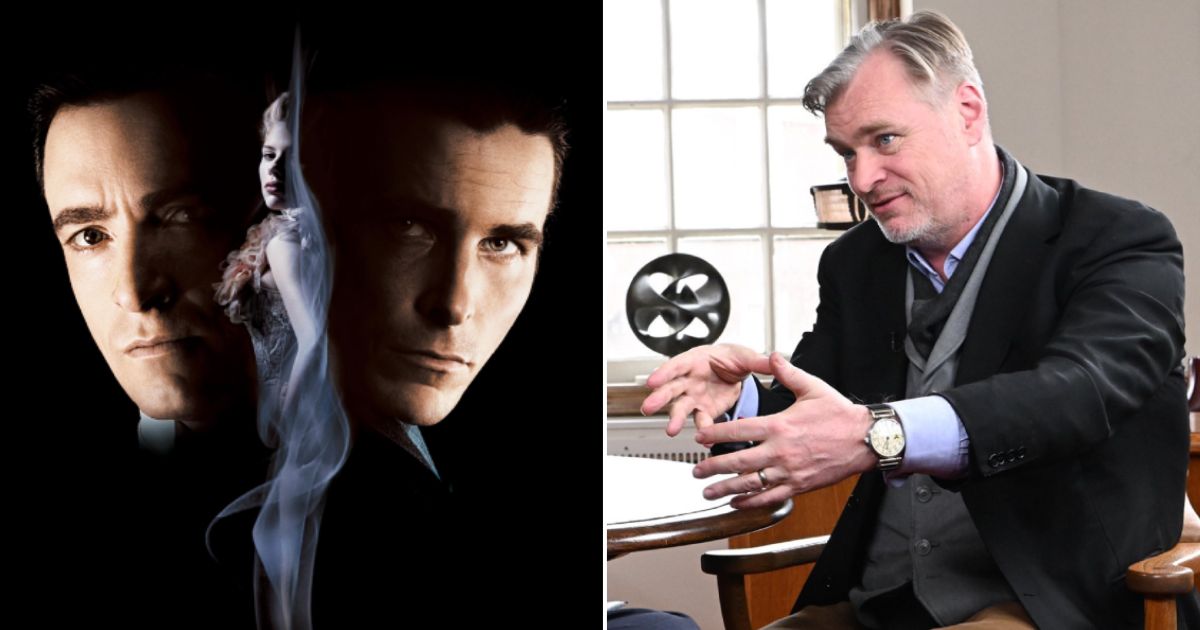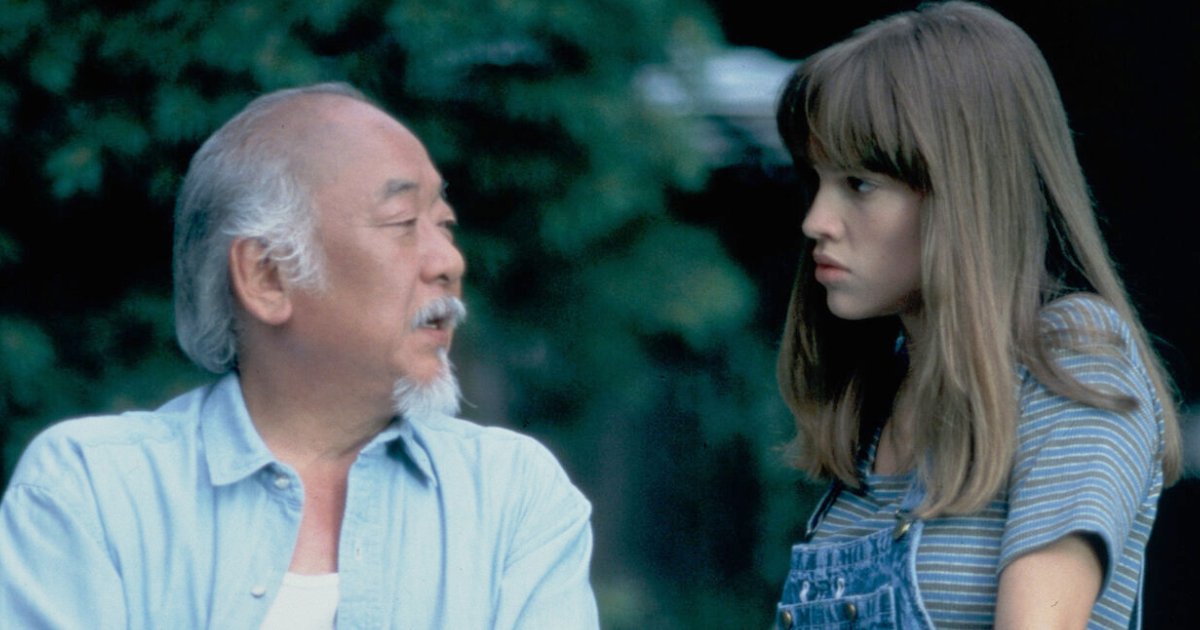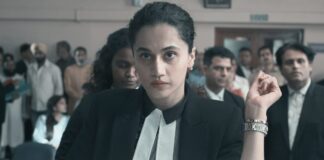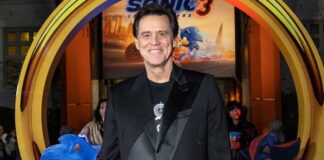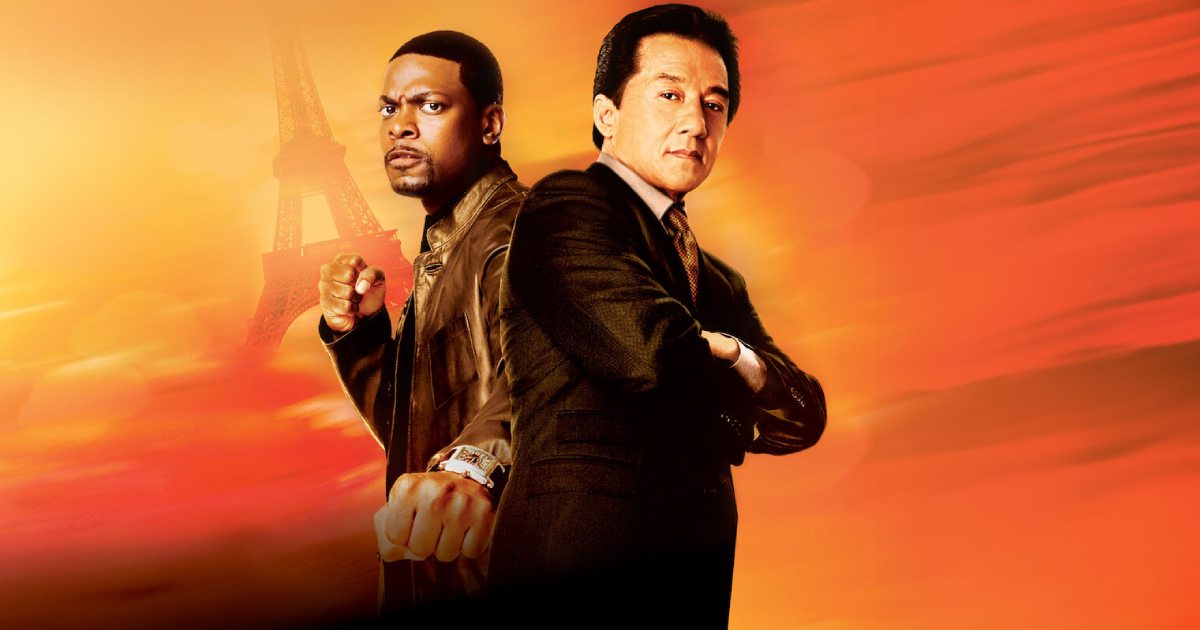
Every action-comedy franchise eventually hits a wall, and for Rush Hour, that moment came with its third entry. While the series had built a solid foundation with two high-energy, tightly paced films that capitalized on the chemistry between Jackie Chan and Chris Tucker, Rush Hour 3 arrived with fanfare but left many underwhelmed. By 2007, audiences were still eager to see the dynamic duo in action, but something about the film felt like a rehash rather than a revival.
The backdrop had changed, Paris replacing Los Angeles and Hong Kong, but the magic didn’t translate as cleanly. Even Jackie Chan, in a recent interview with Buzzfeed, hesitated to rank the trilogy, ultimately confessing that Rush Hour 3 suffered from having “too much money, too much time.” His words speak volumes. Bigger isn’t always better, and in this case, the bloated production may have drowned the spirit of the franchise.
Still, the third film wasn’t doomed from the start. Rush Hour 3 could’ve kept pace with its predecessors with a few grounded adjustments. Here’s what could have worked if the film had stuck to what it did best.
Trending
What Did Rush Hour 3 Possibly Need To Succeed?
The third installment in the Rush Hour trilogy had everything going for it with two bankable stars, a proven formula, and an international setting. But what it lacked was restraint. Unlike the first film’s lean, punchy rhythm or the second’s balanced escalation, Rush Hour 3 stretched itself thin across flashy locations, uneven gags, and overproduced set-pieces.
1) Tighter Direction & A Leaner Script
The charm of the first Rush Hour came from its pace. It never lingered too long and never lost its urgency. By contrast, the third film felt bloated. Scenes meandered, jokes repeated, and action beats took too long to unfold. With sharper editing and a tighter script, the film could have recaptured the snap and energy that made the first two installments so watchable. Less wandering around Paris, more focused momentum—that’s what was needed.
2) Ground-Level Stakes
Instead of building toward a massive global conspiracy that felt distant and impersonal, Rush Hour 3 would’ve benefited from a smaller, character-driven conflict. Part of what made the original so effective was the emotional hook—the kidnapping of a child and the personal stakes involved. The third film, in contrast, felt like the characters were dropped into a plot that didn’t truly involve them. Bringing the story back to something that directly affected Carter and Lee could have reignited audience investment.
3) Rediscovering The Chemistry
Jackie Chan and Chris Tucker’s dynamic was always the engine of the franchise. But in Rush Hour 3, the banter lost its rhythm. It wasn’t just the writing. It was the over-polishing. Allowing more improvisation, giving the actors freedom to riff naturally, and cutting back on the heavy-handed choreography could have restored that spark. Their relationship needed freshness, not formula.
In the end, Rush Hour 3 wasn’t a failure. It just didn’t evolve. With the right focus, it could have been a finale that honored its beginnings instead of coasting on them.
Advertisement
For more such stories, check out Hollywood News
Must Read: Mel Gibson’s Journey Of Glories & Gags: How He Went From Oscar Gold To Razzie Roast & Back Again!
Follow Us: Facebook | Instagram | Twitter | YouTube | Google News




